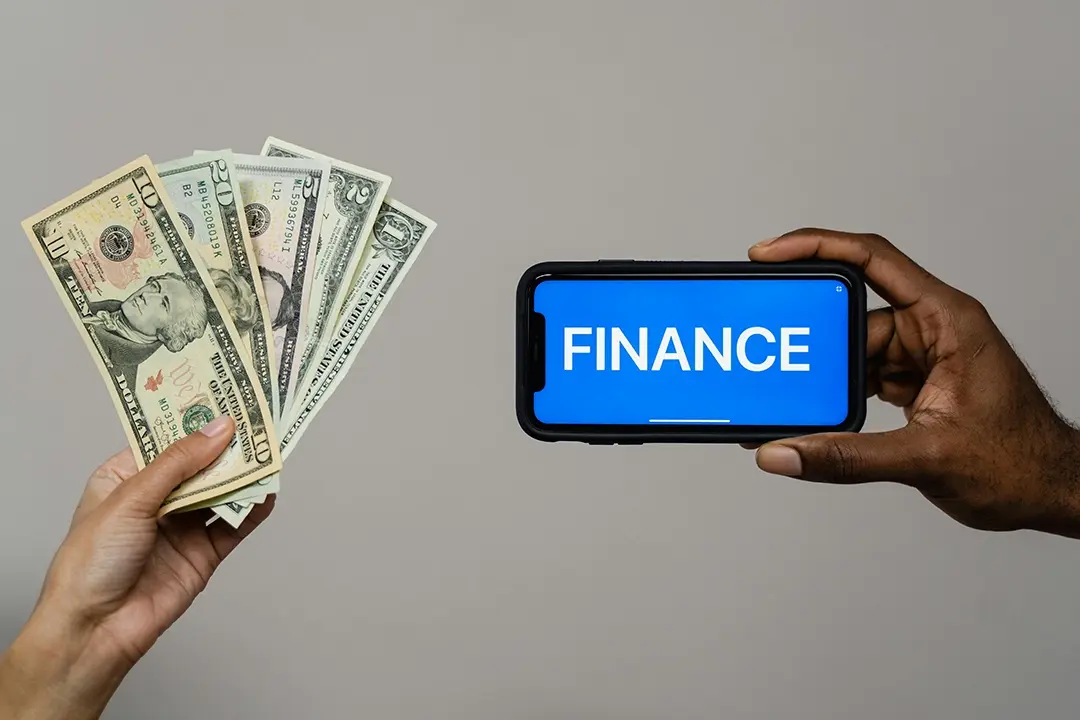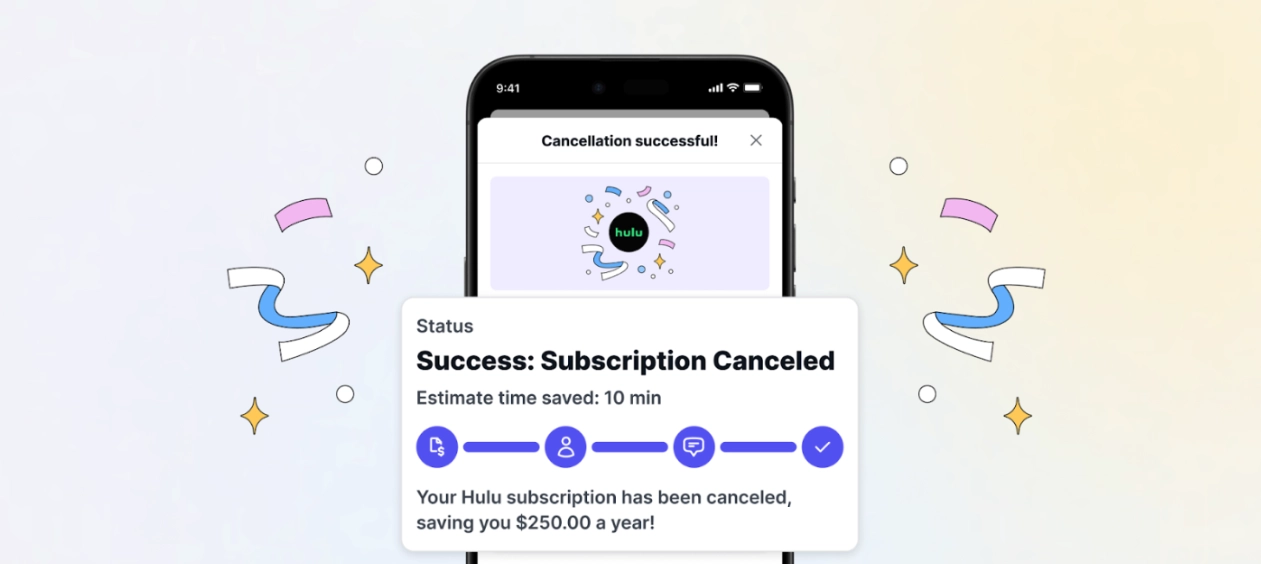
Kudos has partnered with CardRatings and Red Ventures for our coverage of credit card products. Kudos, CardRatings, and Red Ventures may receive a commission from card issuers. Kudos may receive commission from card issuers. Some of the card offers that appear on Kudos are from advertisers and may impact how and where card products appear on the site. Kudos tries to include as many card companies and offers as we are aware of, including offers from issuers that don't pay us, but we may not cover all card companies or all available card offers. You don't have to use our links, but we're grateful when you do!
Does a Speeding Ticket Affect Your Credit Score?
July 1, 2025


Quick Answers
A speeding ticket itself is a traffic violation, not a credit event, so it will not be reported to credit bureaus and has no direct impact on your credit score.
However, if you fail to pay the fine, the unpaid debt can be sent to a collection agency, which will report it and can significantly damage your credit.
While your credit is safe from the initial ticket, the violation will almost certainly lead to higher car insurance premiums, creating a different kind of financial consequence.
What Is a Speeding Ticket?
A speeding ticket is a legal citation issued by a law enforcement officer when a driver is caught operating a vehicle faster than the designated speed limit. This notice officially documents the traffic violation and outlines the penalties the driver faces. These consequences typically include a fine, and in some jurisdictions, points added to the driver's license.
The ticket itself does not directly impact a person's credit score, as traffic violations are not reported to credit bureaus. However, an indirect connection exists if the associated fine remains unpaid for an extended period. In such cases, the outstanding debt may be transferred to a collection agency, which can then report the delinquency to credit bureaus and potentially lower the individual's score.
Can a Speeding Ticket Affect Your Credit Score?
While a speeding ticket itself won't appear on your credit report, failing to pay the fine can trigger a chain of events that ultimately damages your credit score significantly.
- Initial Violation: Getting a speeding ticket is a traffic infraction, not a credit event. At this stage, it has no bearing on your credit score as it is not reported to credit bureaus.
- Unpaid Fines: If you fail to pay the ticket by the deadline, the court can declare the debt delinquent. This is the critical step that transforms a traffic issue into a financial one.
- Sent to Collections: The municipality may turn the unpaid debt over to a collection agency. The agency will then attempt to collect the money from you and report the account to the credit bureaus.
- Credit Score Impact: Once a collection account appears on your credit report, it can cause a substantial drop in your score. This negative mark can remain for up to seven years, affecting your ability to get loans or new credit.
How Much Will a Speeding Ticket Affect Your Credit Score?
While a speeding ticket doesn't directly impact your credit score, the financial consequences that follow can. Here are a few key things to consider regarding its potential effect on your credit.
- Unpaid Fines. If you don't pay the ticket, the court can send the debt to a collection agency. This new collection account will appear on your credit report and can significantly lower your score.
- Increased Insurance Premiums. A speeding violation often leads to higher car insurance rates. If you miss payments on these increased premiums, it could negatively affect your credit history and overall financial stability.
How You Can Avoid a Speeding Ticket Affecting Your Credit Score
Pay the Fine Promptly
The most direct way to prevent a speeding ticket from harming your credit is to pay the fine by its due date. This action ensures the debt is settled and never becomes delinquent, thus avoiding it being sent to a collections agency which would report it.
Contest the Ticket in Court
If you believe the ticket was issued in error, you can contest it. Should the court rule in your favor, the ticket and its associated fine will be dismissed. This eliminates the financial obligation entirely, removing any possibility of it impacting your credit history.
Request a Payment Plan
If you are unable to pay the full amount at once, contact the court to ask about a payment plan or an extension. Proactively arranging to pay the fine over time prevents it from going to collections and protects your credit score from potential damage.
Ways to Improve Your Credit Score
Because credit scores are dynamic, it is always possible to improve them through consistent, positive financial habits. With the right strategies, most people can see meaningful changes within just a few months.
- Monitor your credit reports. Obtain free reports from the three major bureaus—Experian, TransUnion, and Equifax—to identify and dispute any inaccuracies that could be hurting your score.
- Establish automatic bill payments. Your payment history is the single most important factor in your score, so setting up automatic payments ensures you never miss a due date.
- Reduce your credit utilization ratio. Aim to keep your total balance below 30% of your available credit, as a lower ratio indicates to lenders that you are managing your debt responsibly.
- Become an authorized user. Being added to the credit card of someone with a strong payment history and low utilization can help you benefit from their good financial habits.
- Diversify your credit mix. Lenders prefer to see that you can handle various types of credit, such as a mix of revolving credit (credit cards) and installment loans (auto loans, mortgages).
- Limit hard inquiries. Applying for too many new credit accounts in a short period can temporarily lower your score, so use prequalification tools and space out applications.
The Bottom Line
While a speeding ticket itself doesn't affect your credit score, failing to pay the fine can lead to collections, which will negatively impact your credit history and overall score.
Frequently Asked Questions
Can an unpaid speeding ticket hurt my credit score?
Yes. If you fail to pay the fine, the debt may be sent to a collection agency, which can then report it to credit bureaus, lowering your score.
How long will a ticket-related collection stay on my credit report?
A collection account from an unpaid speeding ticket can remain on your credit report for up to seven years, even after you have paid the debt.
Does paying a speeding ticket on time affect my credit?
No, paying your speeding ticket promptly will not directly impact your credit score, as traffic violations are not typically reported to the major credit bureaus.
Unlock your extra benefits when you become a Kudos member

Turn your online shopping into even more rewards

Join over 400,000 members simplifying their finances

Editorial Disclosure: Opinions expressed here are those of Kudos alone, not those of any bank, credit card issuer, hotel, airline, or other entity. This content has not been reviewed, approved or otherwise endorsed by any of the entities included within the post.



































.webp)

.webp)






